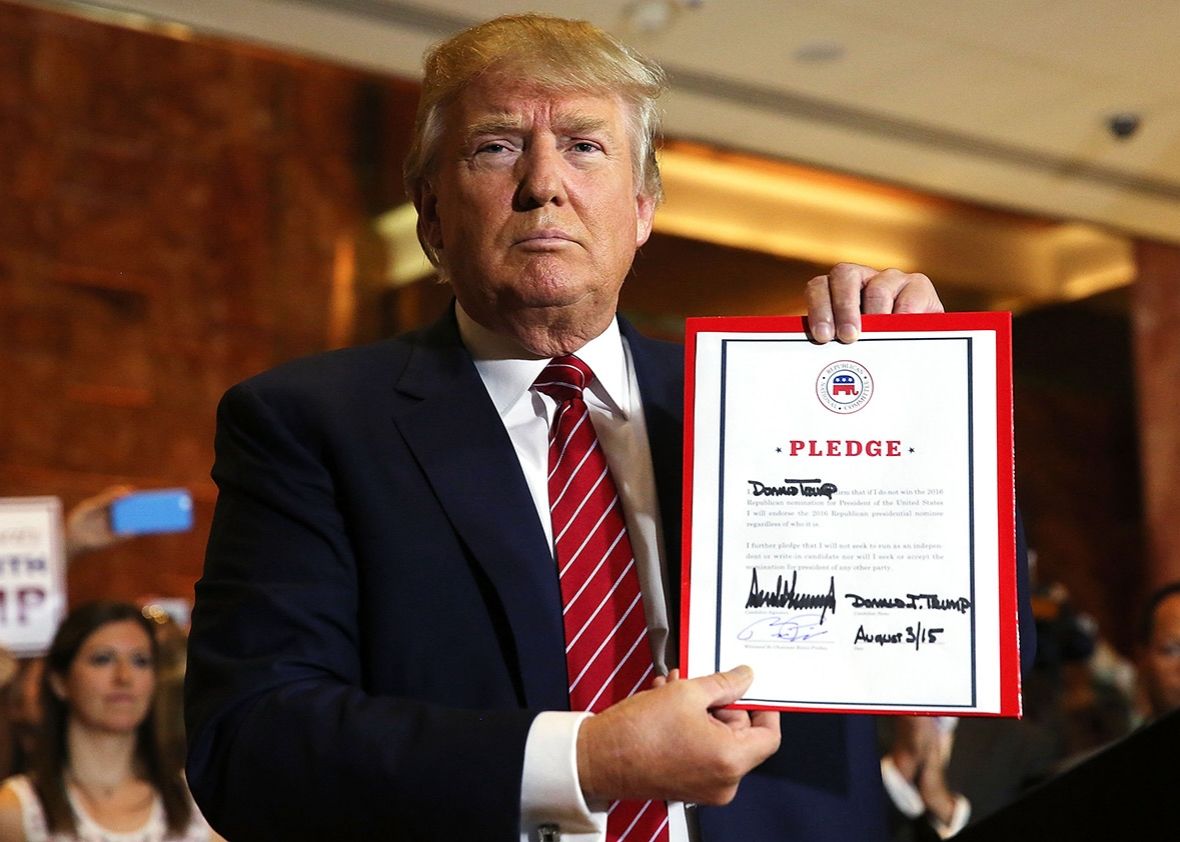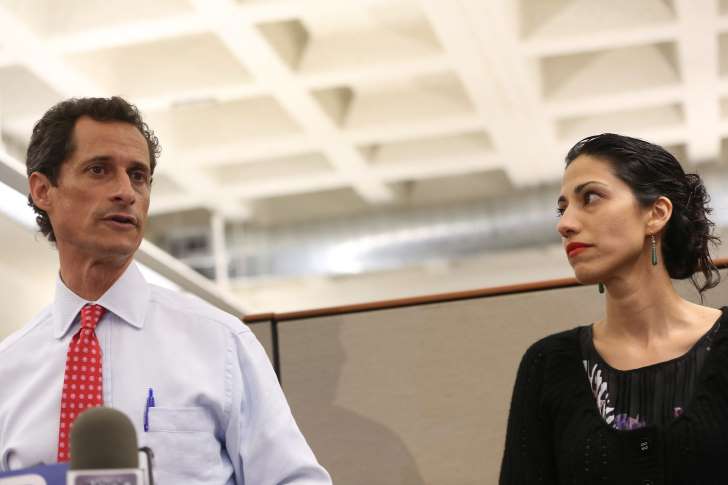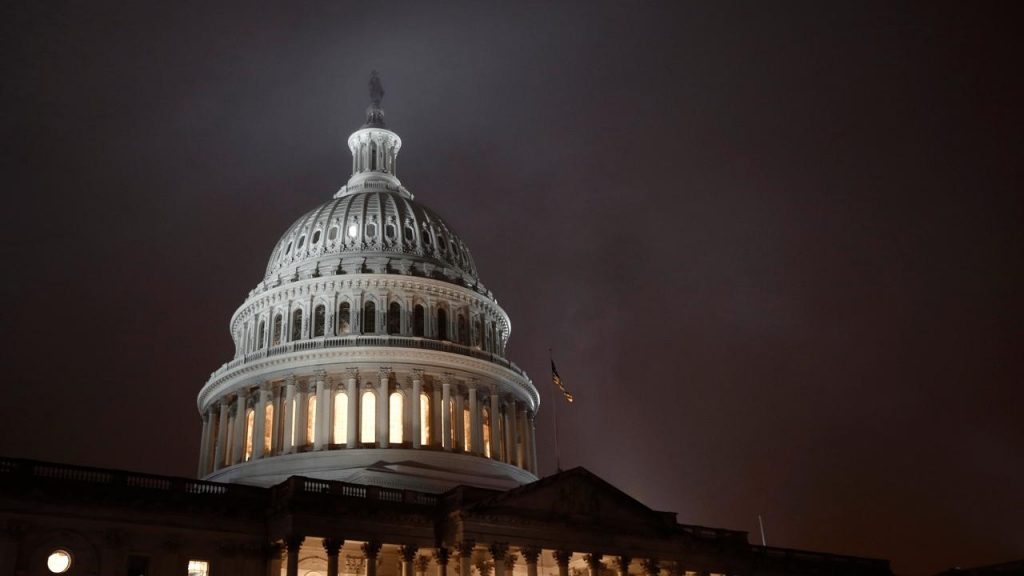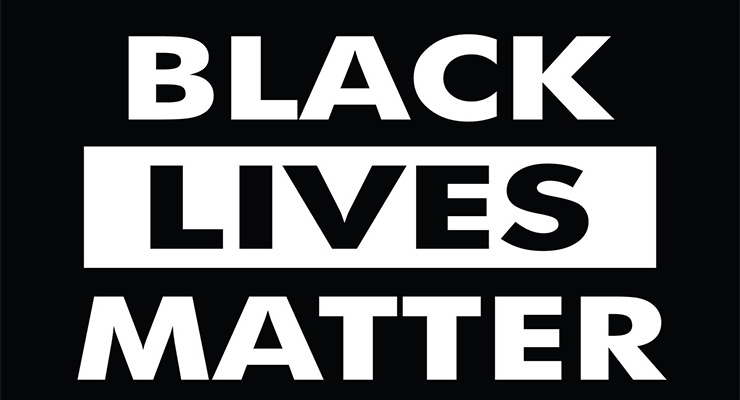 On 28 January, 2017, was issued the “Executive Order: Ethics Commitments by Executive Branch Appointees”, a formal action taken by POTUS Trump that was met with widespread approval outside of bureaucratic circles which, in all likelihood, means that it was exactly the right thing to do.
On 28 January, 2017, was issued the “Executive Order: Ethics Commitments by Executive Branch Appointees”, a formal action taken by POTUS Trump that was met with widespread approval outside of bureaucratic circles which, in all likelihood, means that it was exactly the right thing to do.
Cutting through said bureaucratic fat, the specifics of this executive order are spread throughout four or five more paragraphs than would be necessary were it a set of instructions to any rational group of halfwits without real jobs. It is longer, therefore, because the recipient of said instructions are no ordinary halfwits, as they are well-compensated but regardless of their being rational or not, they do not work for a living. Also known as bureaucrats and/or Federal “employees”, they do not work for a living and yet these unencumbered recipients of taxpayer dollars can hardly be fired short of bloodshed.

Ah, but seriously though, the Executive Order in question contains the following critical segments: “every appointee [appointed to a post within the Trump administration/hired by the Federal government or after 20 January, 2017] will not, within 5 years of [my leaving Federal service] engage in lobbying activities [with that agency]…not engage in lobbying activities [with any] covered executive branch official or [temporary/term-based] appointee for the remainder of the [Trump Presidency]…engage in any activity on behalf of any foreign government or any foreign political party which [were I to engage in such activity prior to President Trump taking office on 20 January, 2017] would require me to register under the Foreign Agents Registration Act of 1938…I will not accept gifts from registered lobbyists or lobbying organizations for [as long as I hold my post]…”

The portions of this Order that I’ve excluded and/or combined for expediency are either relatively-complicated legal and political jargon that do no better a job of conveying their purpose than the simplified prose I’ve utilized here or are repetitive in their contents in a manner while necessary for technocrats prone to confabulation and weaponizing the English language are redundant to a degree not necessary in explaining things to the everyday, honest and patriotic American masses.

In other words, this Executive Order is one of the chief components of the current administration’s enacted arsenal that addresses the notion of “draining the swamp1” we’ve all heard so much about. The phrase “Revolving Door” is used to refer to the nightmare situation of intellectual in-breeding where trial lawyers are the most prevalent post-graduate types and, whatever the variety, the mills churning out the majority of these godless freaks go by names like Harvard and UC-Berkeley (and their fellow spiritual bastards). The aim of this order is to prevent these types and related ilk from profiting off of their government “service” and to stave off their profiting from continued “service” on the payrolls of foreign entities.

While this is the long and short of it, it is worth bearing in mind, as we close, that these guidelines may not have any real binding nature versus a legally-framed contract. It is not illegal, for instance, to lobby on behalf of a firm with the government agency on used to work for within a five-year period or, for that matter, to go to work for a similar agency of a foreign state within an indefinite timeframe. In case you missed the prior pair of links to the actual WhiteHouse.gov page displaying the text of this Executive Order in full, you may find it available for your perusal right here. Do recall, kindly, that these synopses are a framework of guidelines, the spirit of which being to inhibit (or at least slow somewhat) the pervasive, perennial nature of the aforementioned “revolving door” in a well-intentioned (in my view) attempt to ensure that public “service” is just that: a service, not an investment.
1 = As a bit of an aside, as someone born (and currently living) in South Louisiana, a swamp in and of itself is not a bad thing. Wetlands are naturally-occurring barriers necessary for the protection of the inland areas of a region, particularly regions that are low-lying and/or at sea level. Contrary to popular belief, the majority of The GNO (Greater New Orleans/New Orleans Metropolitan area) is not below sea level but much of it is either at sea level or a mere three or four feet above it. Combined with the heavy rainfall (many months seeing four, five and six inches of precipitation), high humidity (70-90% on any given day in any given month is not uncommon) and the deliberate destruction of our seawall by the well-meaning Army Corps of Engineers in the mid-20th century and you’ve got an area rife with opportunity for flooding (heavy rainfall, Lake Ponchartrain, The Mississippi River & The Gulf of Mexico surround The GNO, thus creating the “bowl” many refer to when describing the area). Many of the problems faced by New Orleans are mirrors of the systemic crises endured by Venice, Italy. Anyway, in addition to the extensive creation of new/expansion of existing canals, levees, et al, to coincide with the tremendous, wide-ranging upgrades to the multi-parish pumping systems for removing excess (read: “flood”) water relatively quickly, two chief solutions critical to the long-term survival of the greater area have emerged: 1) one of the primary reasons areas like the Lower 9th Ward have taken so long (again, in relative terms) to make a comeback in the 12+ years since Hurricane Katrina is because the homes there were so damaged when the Industrial Canal broke that the surrounding area government’s wisely determined no one should built in areas so low, prone to flooding in marsh-like areas that are not raised and/or elevated (with pilings, etc.) and due to this requirement a) building costs are higher & b) flood-prone zones are more expensive to insure 2) the Federal aid to and efforts conducted by the State of Louisiana and cooperating agencies and departments have committed to extensive rebuilding efforts of a far less glamorous but equally (if not more) important area in restoring the coastline and natural reefs/wetlands that have been so eroded by well-intended prior Army Corps of Engineers’ efforts, improper maintenance and storm preparation as well as manmade disasters (such as the BP Oil spill) and rising tides brought about by climate change (whether it be cyclical or permanent, this is not where that issue will be debated, much less decided).














